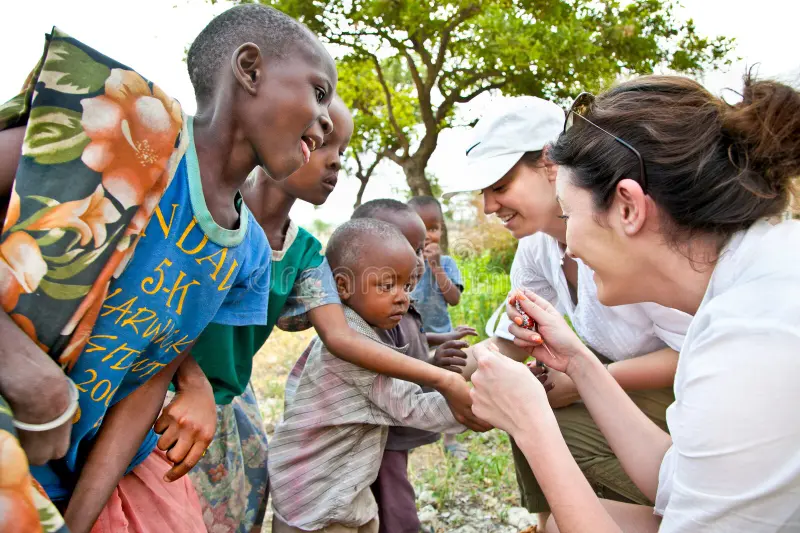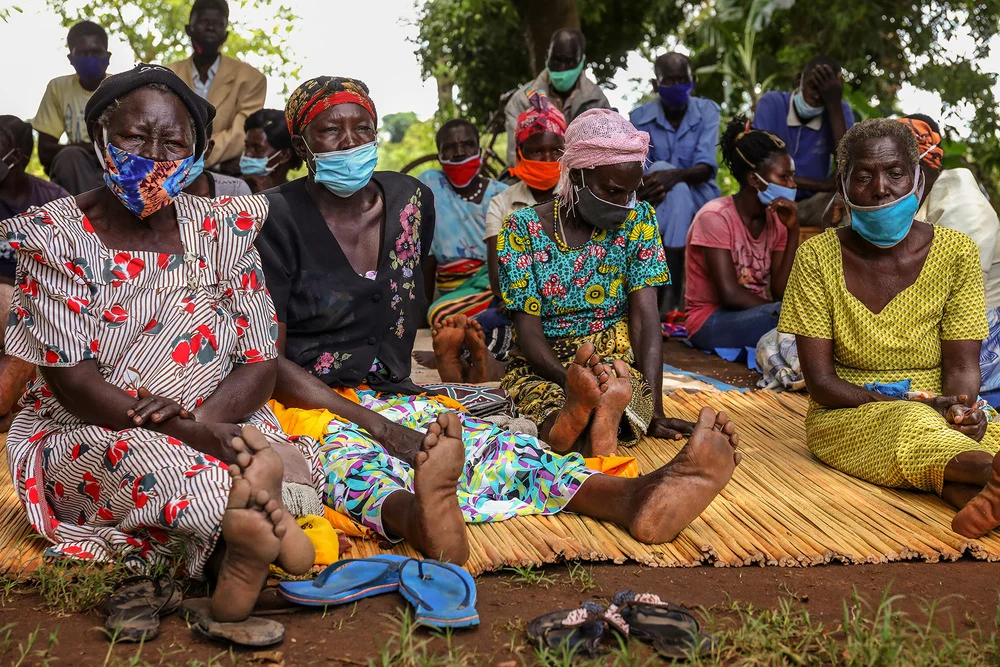Why modern trauma discourse fails the test of cross-cultural application
In a recent blog post for LSE, authors Torre, Mylan, Allen, and Parker (2019) reflect on ‘Why there is a ‘right’ kind of trauma in Uganda’. Their work sheds light on a crucial aspect of mental health interventions in post-war Uganda, where NGOs and humanitarian organisations provided extended clinical support to areas impacted by insurgency and conflict led by the Lord’s Resistance Army (LRA).
Throughout the twenty year insurgency, Ugandans were subjected to immense violence. Between 1994 and 2006, many individuals disappeared or were abducted. Children as young as nine were forced to become soldiers, while others became ‘wives’ to commanders.
The paper argues that Western concepts of trauma and PTSD were imposed upon the local population by clinicians trained in Western settings, with little consideration for local definitions or manifestations of trauma. Authors chronicle the ways in which these Western trauma paradigms created hierarchies in Ugandan communities. Savvy former LRA commanders and senior wives gained access to greater support and benefits by aligning their narratives with Western trauma discourse expected by aid workers. In contrast, ex-child soldiers or communities impacted by years of conflict did not conform to these narratives. Because their trauma did not ‘look’ the right way, they faced marginalisation and their mental health struggles often went unnoticed by NGOs and therapists.
The nascent field of trauma research emerged in the wake of the Vietnam War. It’s no secret that this field is largely informed by research done in the Global North by researchers from the Global North. In the Ugandan case, understandings of trauma and PTSD were not multicultural enough to be effectively applied and resulted in the ‘performance’ of trauma by groups seeking to receive certain humanitarian resources. This led to the neglect of other groups in need whose trauma, for a variety of reasons, presented differently.
This blog post and related paper question the scalability of mental health interventions, emphasising a need for practitioners to assess their assumptions before imposing a ‘one-size-fits-all’ approach to mental health, particularly in the Global South.
Authors suggest that externally imposed trauma classifications may not yield social benefits and may even exacerbate social inequities. Instead, authors argue that mental health interventions in humanitarian settings must focus, first and foremost, on understanding the realities and livelihoods of the people they are seeking to assist.
This blog is certainly worth a read, as it highlights the far-reaching effects of a Westernised mental health approach in a non-Western setting. It calls for a more nuanced approach to mental health interventions in post-conflict settings.
Tags
About the author



